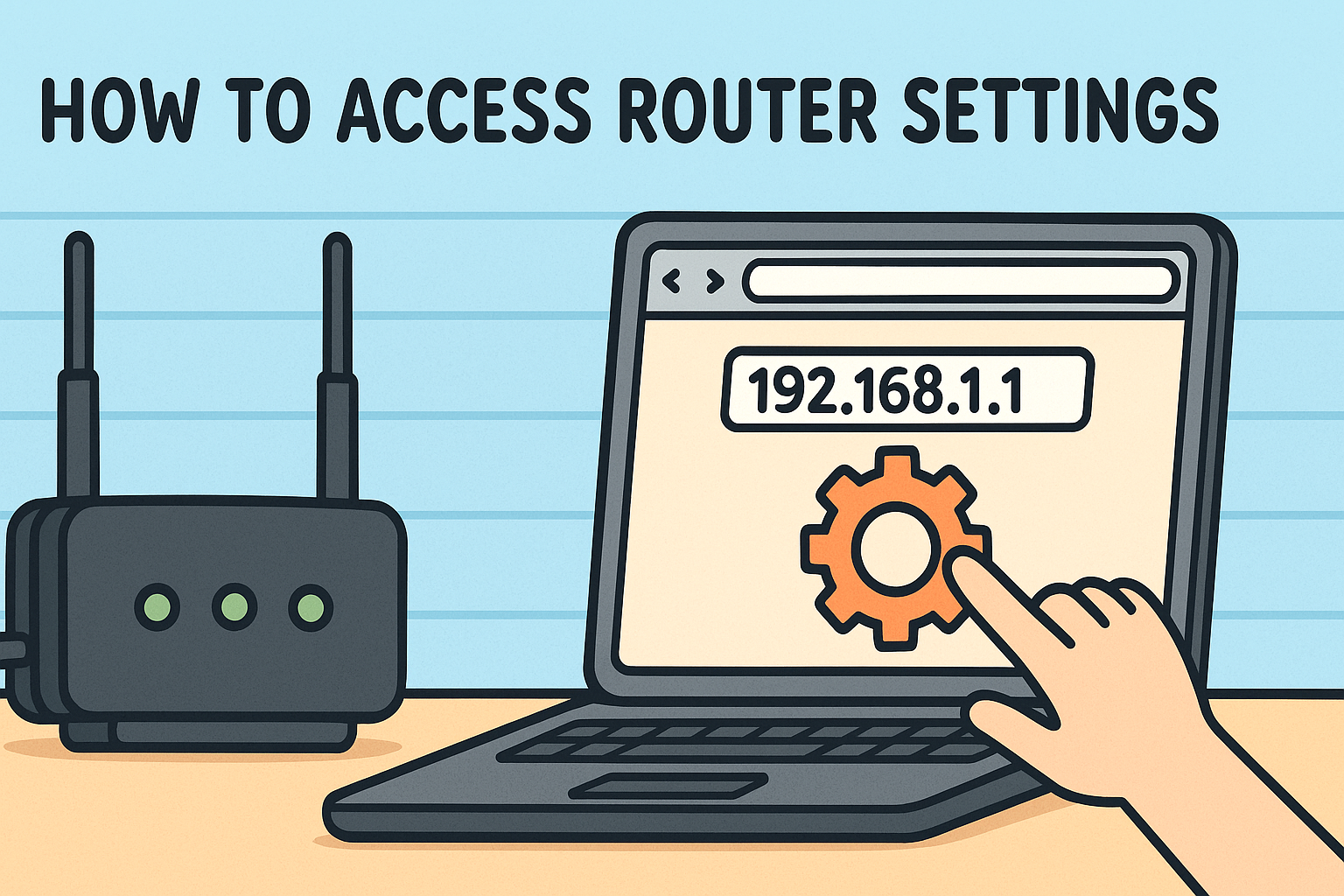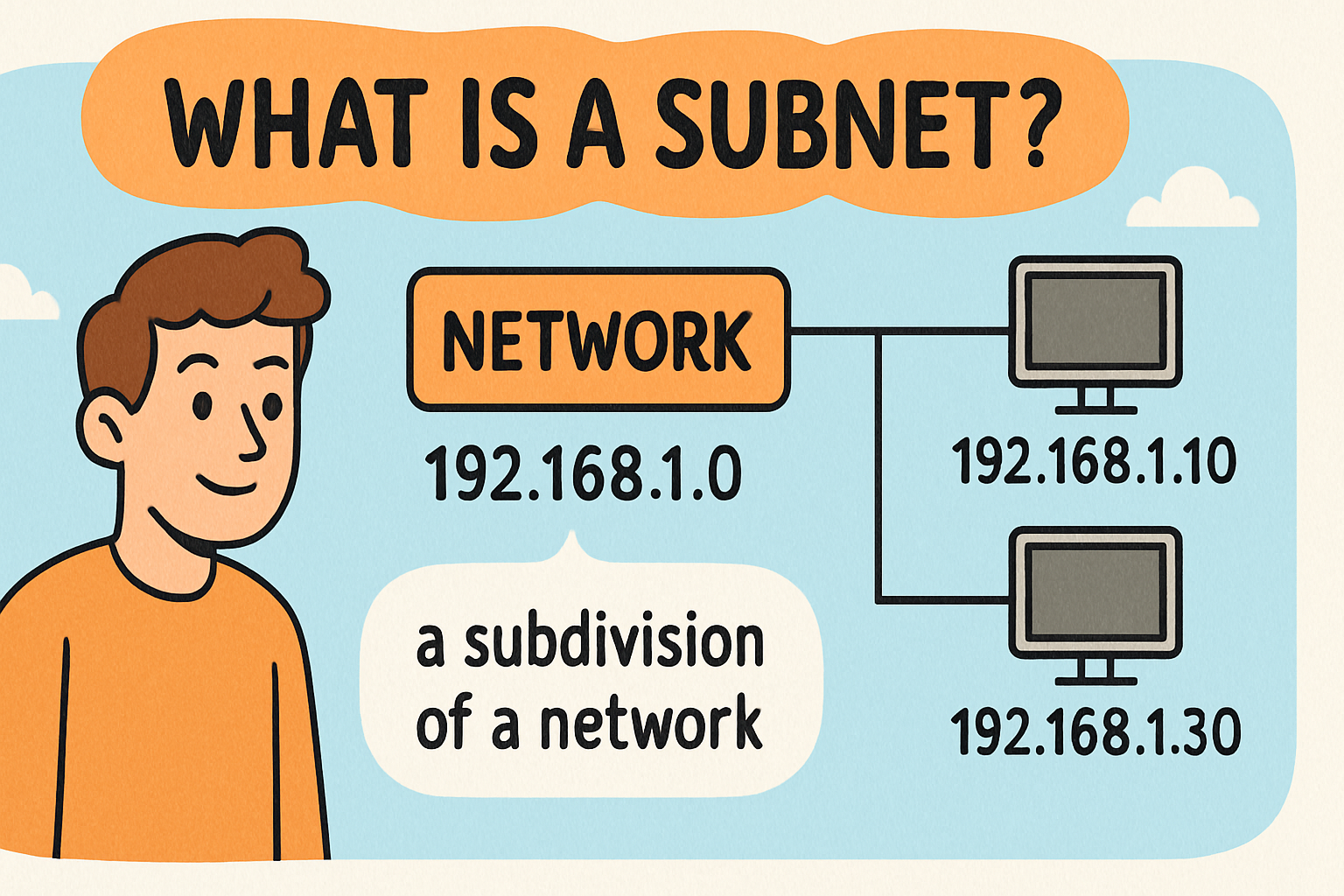Data Breach Laws and Rising Private Debt Costs: Why Cyber-Smart Practices Are Essential
Updated on November 12, 2024, by Xcitium

Data breaches are no longer just technical issues—they have significant financial implications for organizations, particularly as regulations impose steep penalties for failing to protect sensitive information. A recent analysis reveals that stricter data breach laws are driving up private debt costs for businesses, as lenders factor in the increased risk and potential liability associated with non-compliance. This trend highlights the growing importance of cybersecurity not only as a technical safeguard but also as a financial imperative.
The Financial Impact of Data Breach Laws
Data breach laws, such as the General Data Protection Regulation (GDPR) in the European Union and the California Consumer Privacy Act (CCPA) in the U.S., have introduced stringent requirements for organizations handling personal data. These regulations impose hefty fines for non-compliance and mandate prompt reporting of breaches, significantly raising the stakes for businesses.
For organizations relying on private debt financing, these laws present an added layer of risk. Lenders are increasingly scrutinizing companies’ cybersecurity practices as part of their due diligence process. A history of data breaches or inadequate security measures can result in higher interest rates or even denial of financing. This shift underscores the need for organizations to prioritize cybersecurity as a critical component of their financial strategy.
Why Cybersecurity Is a Financial Imperative
Cybersecurity is no longer just an IT concern—it has become a key factor in financial risk management. The costs associated with data breaches extend far beyond regulatory fines. They include reputational damage, customer churn, legal expenses, and operational disruptions. For companies seeking financing, these risks translate into higher borrowing costs, as lenders aim to mitigate potential losses.
Investing in robust cybersecurity measures can help organizations reduce these risks and demonstrate to lenders that they are serious about protecting sensitive information. By proactively addressing vulnerabilities and implementing best practices, businesses can improve their security posture and financial stability.
How Being Cyber-Smart Can Help
Adopting cyber-smart practices is essential for organizations looking to navigate the complexities of data breach laws and mitigate financial risks. Here are key steps businesses can take:
- Implement a Zero Trust Security Model A Zero Trust approach ensures that no entity—inside or outside the network—is trusted by default. Continuous authentication and authorization for every access request minimize the risk of unauthorized access and data breaches.
- Leverage Real-Time Containment Technologies
Containment solutions isolate suspicious files and code before they can execute, preventing attackers from exploiting vulnerabilities and spreading within the network. This proactive approach is particularly effective in mitigating breaches.
3. Enhance Incident Response Plans
A robust incident response plan is critical for minimizing the impact of data breaches. Regular testing and updates to the plan ensure that organizations can respond swiftly and effectively to security incidents, meeting regulatory requirements for breach reporting.
4. Regularly Assess Cybersecurity Practices
Conducting regular security audits and vulnerability assessments helps identify and address weaknesses before they can be exploited. This proactive approach demonstrates a commitment to cybersecurity that can reassure lenders and regulators.
5. Educate Employees on Cybersecurity
Human error is a leading cause of data breaches. Regular training programs can help employees recognize and respond to potential threats, reducing the likelihood of successful phishing attacks or other social engineering tactics.
The Role of Regulatory Compliance
Compliance with data breach laws is non-negotiable, but it should be viewed as the baseline, not the goal. Organizations that go beyond compliance by adopting advanced cybersecurity measures can better protect themselves from breaches and the associated financial risks. Demonstrating a proactive approach to security can also improve relationships with lenders, customers, and regulators.
What Makes Xcitium Stand Out
Xcitium offers cutting-edge cybersecurity solutions designed to help organizations meet the challenges of today’s regulatory landscape. Xcitium’s ZeroDwell Containment technology neutralizes threats in real-time, preventing breaches before they can occur. This proactive approach ensures that even sophisticated attacks are stopped at the point of entry, protecting sensitive data and maintaining compliance with data breach laws.
Built on the Zero Trust model, Xcitium’s platform continuously verifies every access request, ensuring that only authorized users and devices can interact with critical systems. This comprehensive approach aligns with regulatory requirements and provides the level of security needed to mitigate financial risks.
Xcitium’s solutions also include advanced reporting and analytics capabilities, helping organizations demonstrate their compliance and security posture to regulators and lenders. By partnering with Xcitium, businesses can enhance their defenses, reduce borrowing costs, and build trust with key stakeholders.
Conclusion: The Cybersecurity-Finance Connection
The intersection of cybersecurity and financial risk management is becoming increasingly clear. As data breach laws drive up private debt costs, organizations must prioritize robust security measures to protect sensitive information and reduce financial risks. Being cyber-smart is no longer optional—it’s essential for regulatory compliance, financial stability, and long-term success.
Xcitium’s advanced solutions provide the tools and technologies organizations need to navigate this evolving landscape. By adopting proactive cybersecurity practices and leveraging Xcitium’s expertise, businesses can safeguard their data, meet regulatory requirements, and secure favorable financing terms in an increasingly complex and connected world.















